Learn the pros, cons, and how to properly use coffee grounds in your garden.
Guest Post By: Gazi Atiqur Rahman, Founder of Best Products House
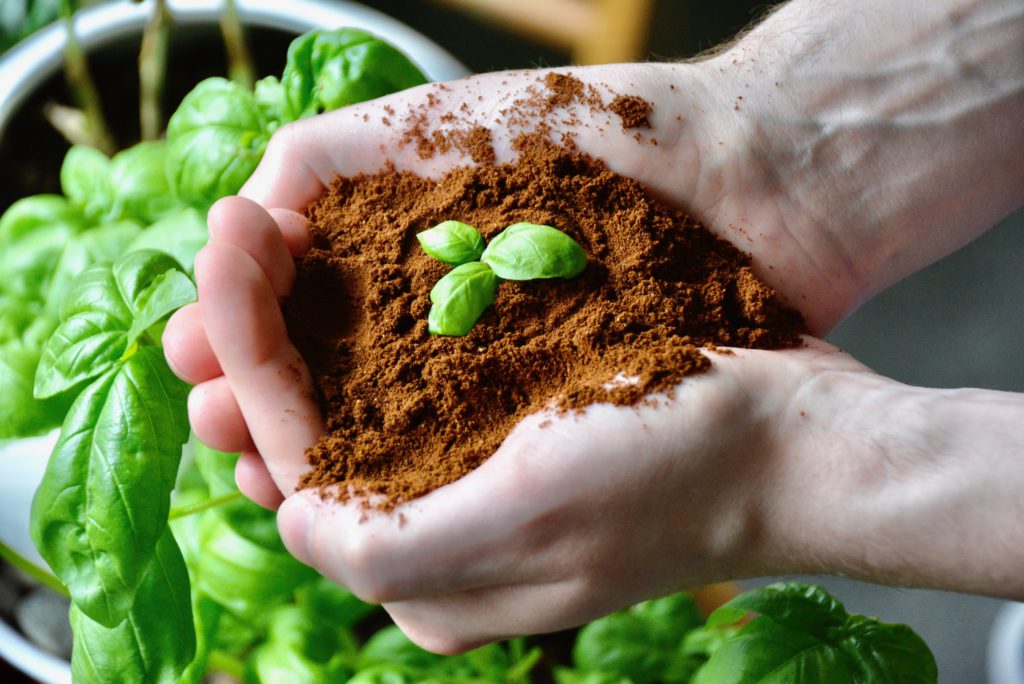
- Coffee grounds can be excellent for gardening if used properly.
- Not only can coffee grounds be used as fertilizer but also as mulch, compost, and pest repellent.
- It’s important to follow proper procedures and guidelines when using coffee grounds in your garden, all of which are outlined below.
There’s a heated debate as to whether or not you should use coffee grounds in your garden. Some will tell you that coffee grounds work great while others will warn you to steer clear from the practice completely.
So who’s actually right? The truth is that both sides of the “coffee grounds in the garden debate” have valid points, which makes both sides correct.
In short, coffee grounds are rich in nitrogen and other micronutrients, which can be really good for your garden if you are using them in the right way. With that being said, if not used properly, you might end up harming your garden.
In this article, you will learn everything you need to know in order to use coffee grounds in your garden properly while also learning the necessary techniques and tips to avoid harming your garden with coffee grounds. Let’s get started!
What are used coffee grounds?
Coffee grounds are the waste material or the remaining ground coffee beans after brewing coffee. If you are a regular coffee drinker, then it’s easy to pile up a lot of coffee grounds. Also, when it comes to coffee shops that use industrial coffee grinders to produce large quantities, they amass a huge amount of coffee grounds and most likely, they’d be happy to give it away to be used in your gardens.
Coffee grounds can be used in your garden in many different ways such as to make fertilizers, improve soil quality, keep away pests, and organic material for worm bins. They are also rich in nutrients including nitrogen, potassium, and phosphorus, as well as other micronutrients. Throwing away precious coffee grounds just doesn’t feel right.
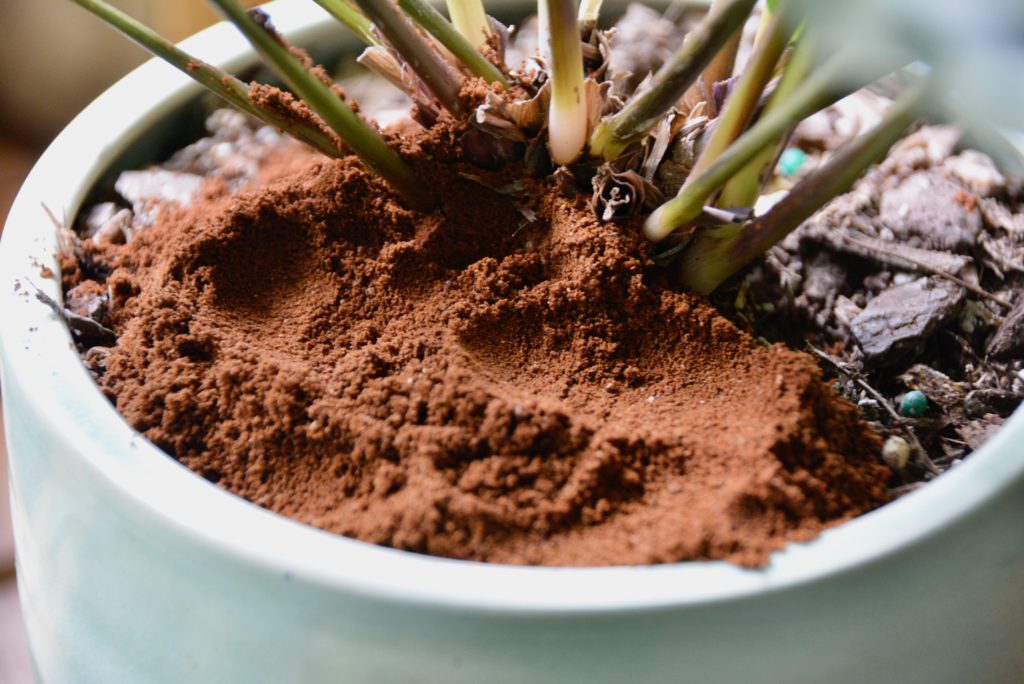
6 Ways To Use Coffee Grounds in Your Garden
Before we start, there are a few fundamentals that we need to establish so that you know what you are doing and so that you feel safe about your beloved garden.
First off, coffee beans are slightly acidic, but used coffee grounds are nearly neutral in pH. You don’t have to be super concerned about the acidity when working with used coffee grounds — emphasis on “used.” Secondly, coffee grounds do have antimicrobial properties and caffeine in them. But here again, the content is very low since they are used coffee grounds. We say this to merely to give you peace of mind when starting to garden with coffee grounds.
Thousands of gardeners, myself included, are using coffee grounds in their garden and getting great results. If, however, you are concerned, try using coffee grounds in only a small portion of your garden as an experiment to see the results. Then you can go full scale when you feel more comfortable.
There are many advantages and different ways to use coffee grounds in your garden. Let’s get into them one by one with the right measurements.
1. Ground coffee as fertilizer
It’s very easy and direct to use coffee grounds as fertilizer for your garden. Simply sprinkle the ground coffee over your soil. It’s ideal if you rake it a bit so that it gets into the soil properly. Just make sure you don’t put too much at one go. You don’t want them to clump together and create a water-resistant barrier.
Coffee grounds can be also used in the form of liquid fertilizer. All you have to do is add ground coffee to water ( 2 cups in 5-gallon bucket ratio) and let it steep overnight, and then directly use it as liquid fertilizer for your garden soil. They are excellent slow fertilizers.
Warning: Don’t use coffee grounds on growing seeds or young plants. There’s a risk of damaging the roots or inhibiting the growth of roots.
2. Coffee Grounds in compost
Compost is usually prepared by using green materials. There’s a specific ratio you need to keep in mind which is 4:1; 4 parts brown compost material to 1 part green compost material respectively.
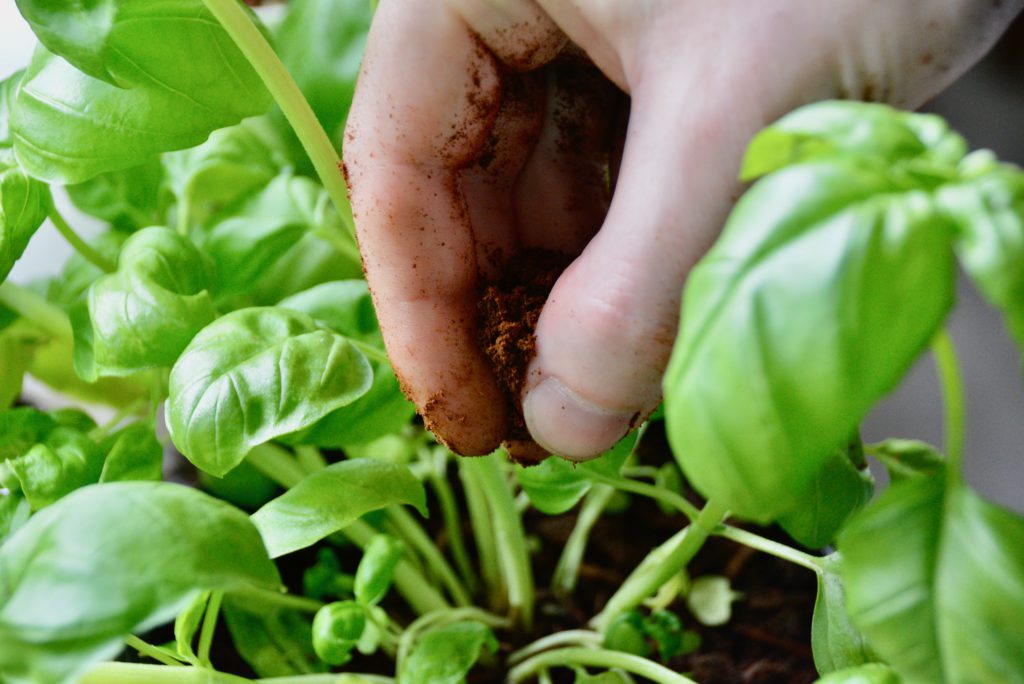
Greens (leaves, coffee grounds, food scraps, grass clippings, etc.) are rich in nitrogen, and browns (dry leaves, twigs, newspaper, etc) are carbon-rich materials.
Your compost pile ought to get smelly if you put too much green material, and it might not generate enough heat if you don’t have enough greens. So, make sure you work with the right ratio and follow proper compost making guidelines.
3. Food for worms
If you are using a worm bin for your garden, then coffee grounds are a jackpot for you. Worms simply love coffee grounds! Every week, you can add a few coffee grounds to your worm bin. Just make sure not to put too much because the accumulated acidity can have a negative impact.
4. Coffee grounds as a mulch
By mixing with other materials, coffee grounds can work excellently in making mulch for your plants. Just don’t use only coffee grounds as mulch, it can prevent water from getting to the soil and increase water retention.
Simply mix a portion of coffee grounds with other mulch materials, and you will discover that it will help to prevent light from getting into the soil, create a physical barrier for weeds, and can prevent moisture loss.
5. Control Pests and Pets
Slugs and snails can give a great headache for the garden owner. Coffee grounds work quite well to repel these tiny garden monsters. It’s not super effective like chemicals or other proven methods, but it still works quite well.
When it comes to pets, specifically cats, they don’t like the smell of coffee in most cases. That way, they might stay clear of your garden. However, you might want to avoid using coffee grounds in your garden if you want your cats to use the area as a litter box.
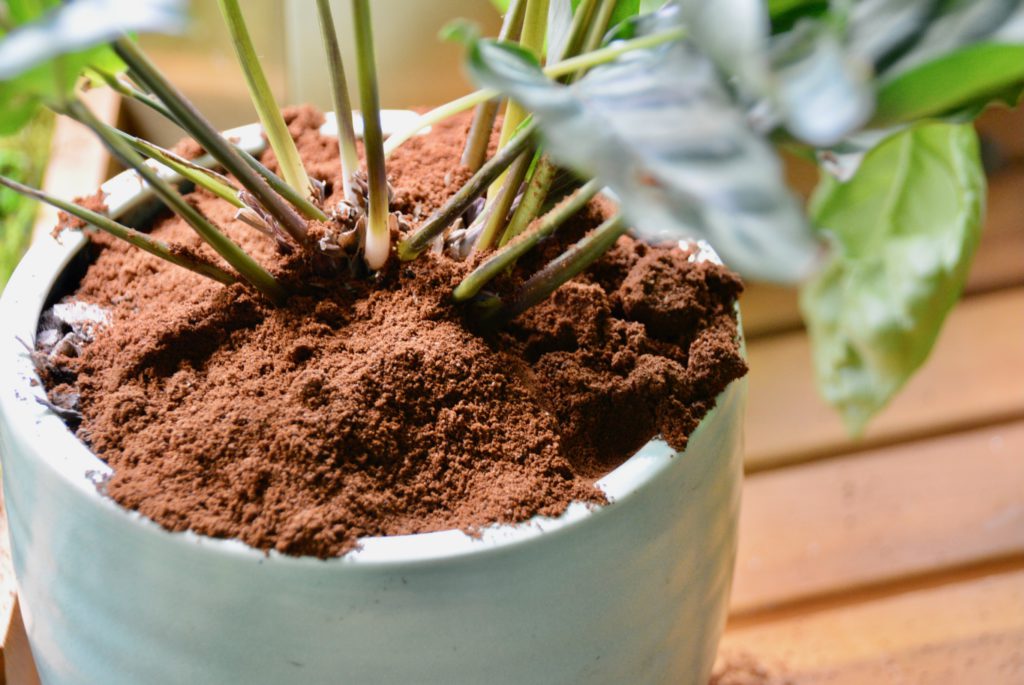
6. Fresh Grounds for Acid-Loving Plants
We know that used coffee grounds are not that acidic, but what about unused or stale coffee grounds in your kitchen? Well, they have high caffeine content and are quite acidic.
Hence, they would make delicious servings for your acid-loving plants such as hydrangeas, carrots, blueberries, and others. Just keep them away from young plants and those that don’t like acid soils.
Final Verdict on Using Coffee grounds for Garden
Are coffee grounds good for your garden? Well, now you know the answer for yourself. It depends on what you want and what you are growing in your garden. Now you can use those coffee grounds for the betterment of your garden instead of throwing them away. A good cup of coffee will add more to your life and your garden!
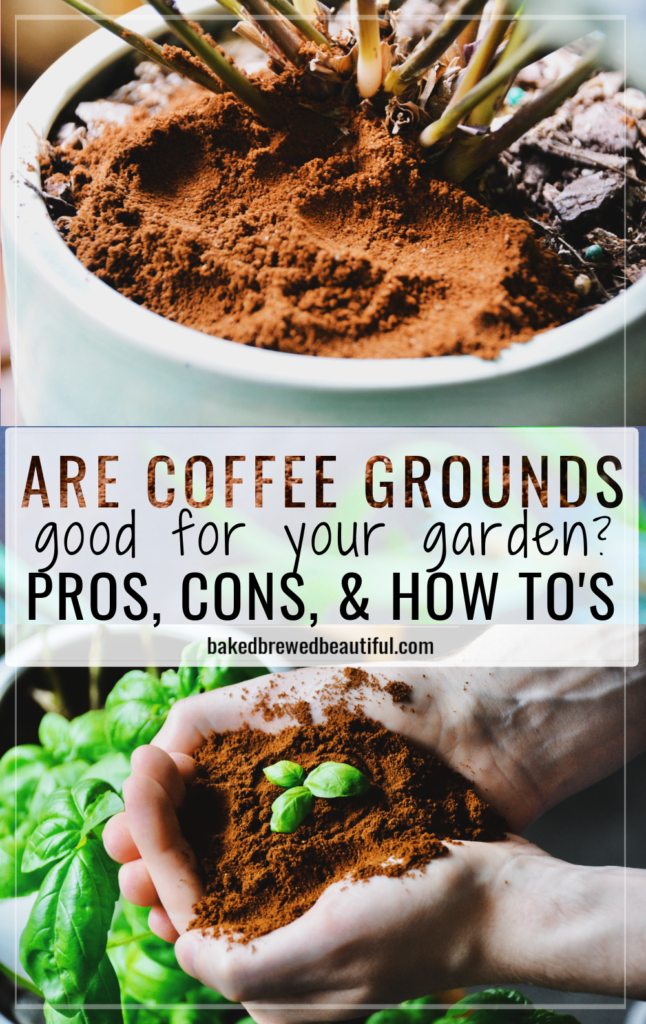
Frequently Asked Questions (FAQs)
Is it okay to use moldy coffee grounds in the garden?
Yes! It is totally fine to use moldy coffee grounds in your garden.
Which plants do not like coffee grounds?
Almost all young plants do not like coffee grounds. Some specific plants that don’t do well with coffee grounds include kiwi, clematis, vinca minor, lavender, day-lilies, bearded iris, golden privet, Mugo pine, ornamental cherry, and many more. This is due to the fact that these plants prefer alkaline soil rather than acidic.
Are coffee grounds good for grass?
Yes, generally grass can benefit from compost form or coffee grounds as direct fertilizer.
Which plants like coffee grounds?
Plants that like coffee grounds are those that are not very young, and those plants which prefer a bit more acidic soil rather than alkaline.
Are coffee grounds good for vegetable gardens?
Coffee grounds are a good source of nutrients for your vegetable garden. Just make sure to use them in the right way, as discussed in the article above.
Learn To Consistently Brew Delicious Coffee
Subscribe to my free newsletter & get instant access to my FREE resource library to start brewing delicious coffee everyday! You’ll find bonus tutorials, coffee recipes, and brew guides that don’t get posted here on the blog.

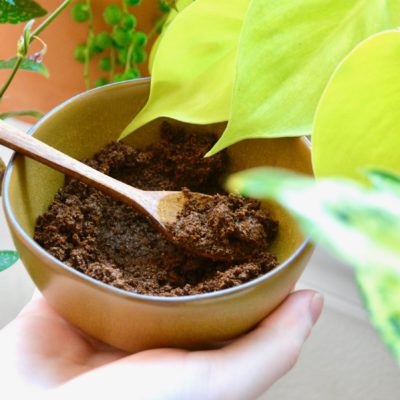
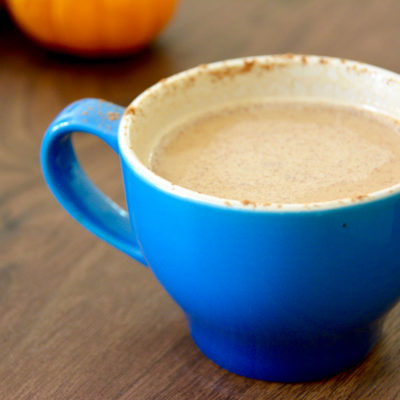



Thanks for all the info I’ll try again on the rosemary 🤷♀️ I love learning more and more about plants I usually have a great green thumb but I moved and it’s not as sunny here … lots of trees but I won’t give up 👍👍